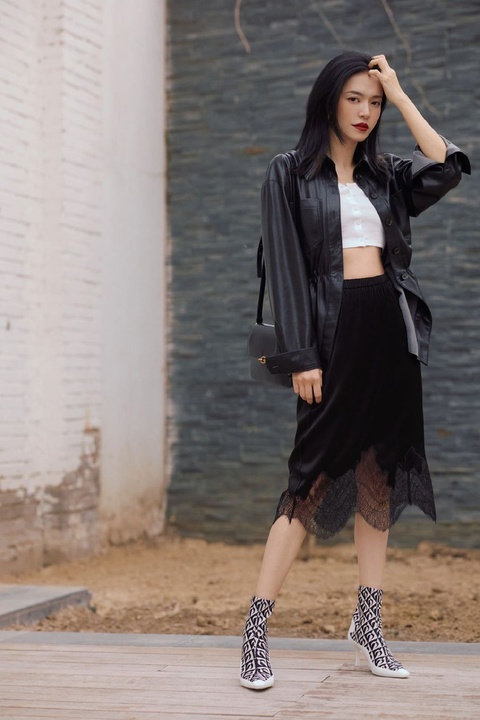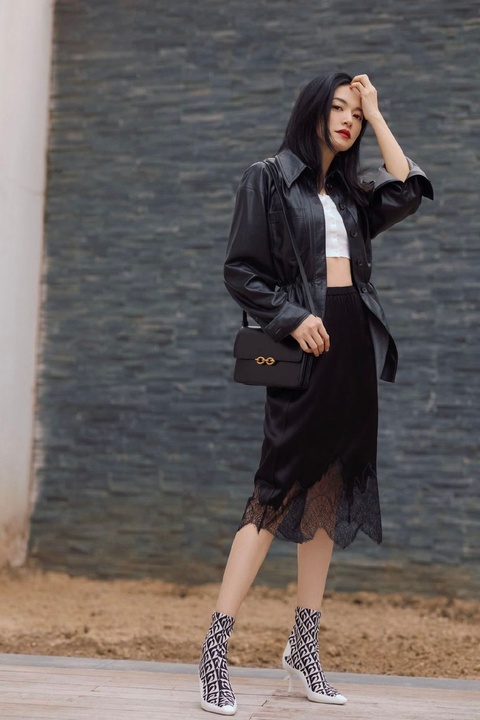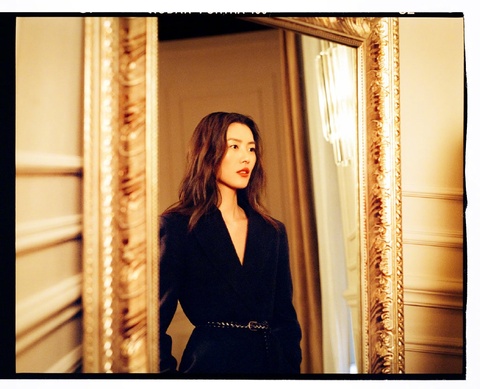Introduction: The Emergence of Chat GPT Drawing Software
Over the past few years, technological advancements in artificial intelligence have revolutionized the way we interact with computers. Chat GPT, or Generative Pre-trained Transformer, has been at the forefront of this revolution, demonstrating the remarkable capability of AI to understand and respond to human language. However, what if we could harness the power of Chat GPT to create visual art, rather than just text-based conversations? This is the very question that gave birth to the idea of Chat GPT drawing software.
Imagine being able to input a description of an image or a scene, and having Chat GPT translate that into a stunning visual representation. Such a tool has immense potential for artists, designers, and creators, offering a new way to express their creativity and bringing their ideas to life in a whole new dimension. Furthermore, it has the potential to aid those with limited or no artistic skills to create visually appealing content. In this article, we will delve into the world of Chat GPT drawing software, exploring its development, capabilities, and potential impact on the art and design industry.
Understanding the Technology Behind Chat GPT Drawing Software
Chat GPT drawing software operates on the same foundational technology as its text-based counterpart. Utilizing a deep learning neural network, the software is trained on a vast dataset of images to develop an understanding of visual concepts, patterns, and structures. This enables the software to interpret and generate visual content based on the input it receives.
The key to the success of Chat GPT drawing software lies in its ability to understand and process natural language descriptions. By parsing the user’s text input, the software can identify key visual elements, such as objects, colors, and spatial relationships, and use this information to generate a corresponding image. This seamless integration of natural language processing and image generation sets Chat GPT drawing software apart as a powerful and intuitive tool for visual creation.
Furthermore, the underlying AI model continuously learns and evolves through ongoing training and exposure to new data, allowing it to improve its accuracy and refine its creative output over time. This adaptability ensures that the software can effectively cater to a wide range of visual styles and preferences, making it a versatile resource for artists and creators.
Applications and Potential Impact in the Art and Design Industry
The introduction of Chat GPT drawing software has the potential to disrupt traditional methods of visual creation across various domains within the art and design industry. One of its most compelling applications is in the realm of concept development and ideation. Artists and designers can use the software to quickly translate their verbal descriptions of concepts and compositions into visual sketches, providing a rapid and efficient means of visualizing their ideas. This expedites the creative process and allows for a more seamless transition from conceptualization to execution.
Moreover, the accessibility and ease of use of Chat GPT drawing software can democratize the process of visual creation, making it more inclusive and empowering individuals who may not possess traditional artistic skills. By simply describing their vision in natural language, users can generate sophisticated visual content, thereby removing barriers to artistic expression and fostering a more diverse creative landscape.
From a commercial standpoint, the software holds considerable potential for streamlining the production of visual assets in industries such as advertising, marketing, and multimedia. By automating the initial stages of visual ideation and design, businesses can accelerate their creative workflows and reduce the time and resources required to produce high-quality visual content. This, in turn, can lead to greater efficiency, cost savings, and a competitive edge in the market.
Challenges and Ethical Considerations
As with any innovative technology, the development and deployment of Chat GPT drawing software raise important ethical considerations and potential challenges. One fundamental concern pertains to the authenticity and ownership of generated visual content. Given that the software interprets and generates visual representations based on textual input, questions may arise regarding the originality and intellectual property rights of the resulting images. Clear guidelines and regulations may be necessary to address these issues and ensure that proper credit and compensation are attributed to the original creators of the input.
Additionally, the potential misuse of the software to create misleading or harmful visual content must be taken into account. With the unprecedented ability to rapidly generate convincing imagery based on text, there is a risk of malicious actors exploiting the technology to produce false or misleading visual narratives. Safeguards and countermeasures should be put in place to mitigate this risk and uphold the integrity and trustworthiness of visual communication.
Furthermore, considerations surrounding data privacy and security are paramount, as the software relies on access to extensive image datasets. It is imperative that stringent data protection protocols and privacy measures be implemented to safeguard the integrity and confidentiality of the training data, as well as the privacy of individuals represented in the images. Continued vigilance and ethical oversight are essential to ensure that the development and use of Chat GPT drawing software align with ethical principles and societal values.
The Future of Visual Creativity with Chat GPT Drawing Software
Looking ahead, the evolution and widespread adoption of Chat GPT drawing software hold tremendous promise for the future of visual creativity. As the technology continues to advance and mature, we can anticipate increasingly sophisticated capabilities, enhanced user experiences, and the integration of new modalities of visual expression. Collaboration between AI and human creativity, rather than a replacement, has the potential to amplify the creative process and expand the horizons of visual art and design.

Moreover, the democratization of visual creation through intuitive and accessible tools like Chat GPT drawing software can empower individuals from diverse backgrounds to engage in artistic endeavors and bring their unique perspectives to the forefront. This inclusivity and diversity of creative voices are essential for enriching cultural expression and fostering a vibrant and pluralistic creative landscape.
Ultimately, the journey of Chat GPT drawing software represents a remarkable convergence of artificial intelligence, natural language processing, and visual artistry. It signifies a new chapter in the history of creative technology, where the boundaries between human imagination and machine interpretation blur, yielding unprecedented opportunities for innovation and expression. With careful stewardship and ethical guidance, Chat GPT drawing software has the potential to become a powerful enabler of visual storytelling, creativity, and collaboration in the digital age.


